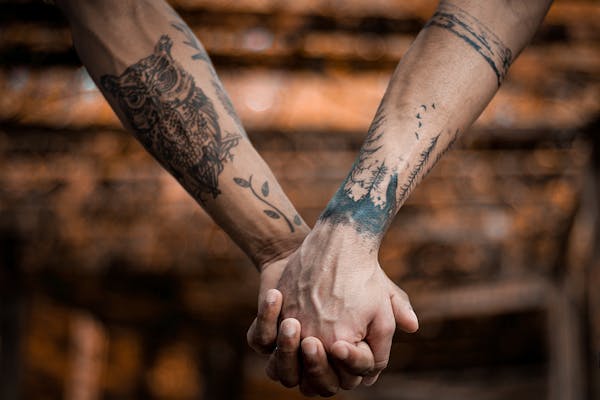More than 3.9 million voters voted to ratify the code (66.9%), while 1.95 million opposed ratification (33%), Alina Balseiro Gutierrez, president of the commission, said on state-run television on Monday.
"Justice has been done," Cuban President Miguel Diaz-Canel wrote in a tweet.
Several generations of Cuban men and women, whose family projects had been waiting for this law for years, were being paid off, he added.
The 100-page "family code" encourages equitable distribution of household duties and rights between men and women and legalises same-sex partnerships and marriages. It also permits same-sex couples to adopt children.
According to the electoral commission's preliminary findings, the referendum on Sunday was attended by 74% of the 8.4 million Cubans who were entitled to vote.
Although residents are allowed to watch the vote count at their precincts, there are no impartial monitors of Cuban elections. Social media posts from many local communities on district counts seemed to match the official outcomes.
As the Caribbean island waited for Hurricane Ian to pass over its western point early on Tuesday, Diaz-Canel presided over an emergency meeting during which the results were announced.
Official Twitter feeds captured the president reclining back and grinning as the news was announced and the crowd erupted in cheers. The code's adoption was promoted by the president of Cuba.
Sunday's turnout was modest by Cuban standards, and a 33% "no" vote was significant in the communist-run nation where past referendums had seen the government's viewpoint getting nearly universal support.
The unrest is a reflection of both Cuba's transformation and the country's severe economic situation, which has resulted in protracted power outages and long lineups for supplies of food, medication, and fuel.
Sunday's vote was no exception, allowing dissenting views to circulate more freely.




.png)
The opinions posted here do not belong to 🔰www.indiansdaily.com. The author is solely responsible for the opinions.
As per the IT policy of the Central Government, insults against an individual, community, religion or country, defamatory and inflammatory remarks, obscene and vulgar language are punishable offenses. Legal action will be taken for such expressions of opinion.